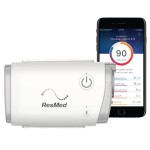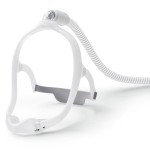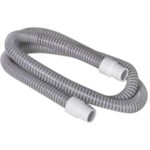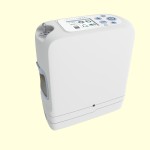Narcolepsy vs. Sleep Apnea: What Is the Difference?
Published on Thursday 16 February, 2023
by CPAPMan
Narcolepsy and sleep apnea are both sleep disorders that can impact a person's quality of life. However, they have distinct differences in their symptoms, causes, and treatments.
Here are some similarities and differences between narcolepsy and sleep apnea:
Symptoms:
- Narcolepsy: excessive daytime sleepiness, sudden loss of muscle control (cataplexy), hallucinations when falling asleep or waking up, sleep paralysis, disrupted nighttime sleep.
- Sleep apnea: loud snoring, gasping or choking during sleep, excessive daytime sleepiness, morning headaches, restless sleep, and waking up with a dry mouth or sore throat.
Causes:
- Narcolepsy: the exact cause is unknown, but it's thought to be related to a lack of a chemical in the brain called hypocretin or orexin, which regulates wakefulness and sleep.
- Sleep apnea: caused by a partial or complete blockage of the airway during sleep, which leads to interrupted breathing and lowered oxygen levels in the body.
Diagnosis:
- Narcolepsy: diagnosed through a combination of medical history, physical examination, and sleep tests, including polysomnography and multiple sleep latency tests (MSLT).
- Sleep apnea: diagnosed through a sleep study called polysomnography, which measures brain waves, breathing, oxygen levels, heart rate, and eye and leg movements during sleep.
Treatment:
- Narcolepsy: there is no cure for narcolepsy, but medications such as stimulants, antidepressants, and sodium oxybate (Xyrem) can help manage symptoms.
- Sleep apnea: treatment depends on the severity of the condition and can include lifestyle changes, such as weight loss, avoiding alcohol and sedatives, and using a continuous positive airway pressure (CPAP) machine, an oral appliance, or surgery.
In summary, narcolepsy and sleep apnea have some overlapping symptoms, such as excessive daytime sleepiness, but their causes and treatments differ significantly. It's essential to seek medical attention if you suspect you have either of these sleep disorders, as they can lead to other health problems if left untreated.





